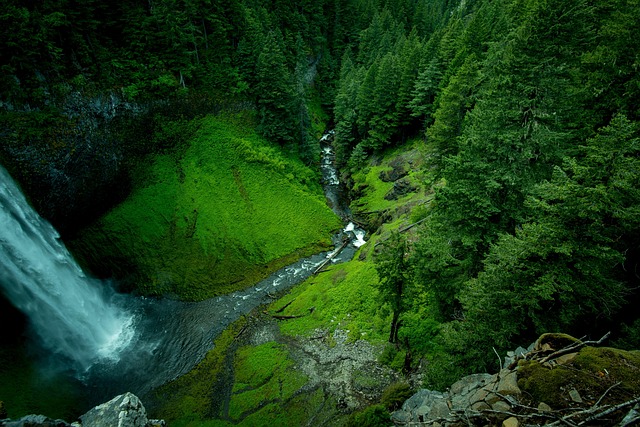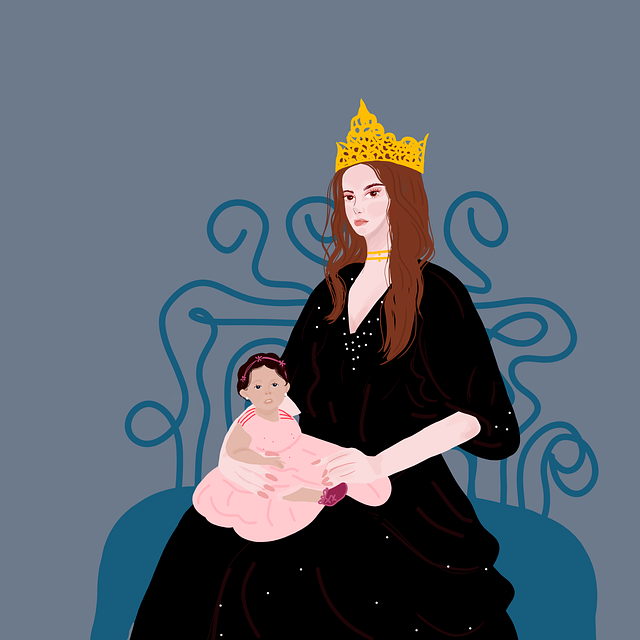The real estate sector is transforming urban development with mixed-use developments integrating residential and commercial spaces, fostering vibrant communities and sustainable practices like eco-friendly buildings and green infrastructure. Revitalized public spaces featuring dining and entertainment attract residents and tourists alike, enhancing city aesthetics and quality of life. Future retail trends emphasize immersive experiences through AR/VR technology, pop-up stores, and experiential marketing in partnership with developers, shifting away from traditional transactions towards community building.
The dynamic evolution of urban centers is driven by innovative real estate trends, transforming landscapes into vibrant hubs of retail, dining, and entertainment. This article explores how strategic property development is revitalizing public spaces, fostering community engagement, and redefining urban living. From mixed-use complexes to experiential retail concepts, we delve into the future of cities where real estate becomes a catalyst for economic growth and cultural enrichment.
Real Estate Trends Shaping Urban Landscapes

The real estate landscape is undergoing a dynamic transformation, significantly influencing urban development and the expansion of retail, dining, and entertainment sectors. Urban areas are witnessing a surge in mixed-use developments, where residential spaces seamlessly blend with commercial hubs, fostering vibrant communities. This trend not only revitalizes city centers but also encourages foot traffic, benefiting local businesses and creating a thriving atmosphere.
With an eye on sustainability, smart cities are embracing eco-friendly buildings and open green spaces. Developers are incorporating vertical gardens, green roofs, and energy-efficient designs into their projects, attracting environmentally conscious residents and businesses alike. These innovations not only enhance the aesthetics of urban landscapes but also contribute to a healthier, more livable environment, driving the demand for spaces that promote sustainability at the forefront of design.
Revitalizing Public Spaces: Dining and Entertainment

Revitalizing public spaces through dining and entertainment is a strategic move in the real estate sector, transforming urban landscapes into vibrant hubs of activity. By integrating diverse food options and entertainment venues, cities can create attractions that cater to a wide range of interests, age groups, and budgets. This approach not only enhances the quality of life for residents but also draws tourists, boosting local economies.
Public spaces that double as dining and entertainment hotspots encourage community engagement and social interaction. Well-planned developments can include outdoor seating areas, live music stages, and pop-up markets, fostering an ambiance that beckons people to gather, socialize, and enjoy. This blend of culinary delights and amusement contributes to a thriving urban culture, making the area more desirable for living, working, and visiting.
The Future of Retail: Innovations and Experiences

The future of retail is all about creating immersive experiences that cater to evolving consumer preferences. Technological advancements play a pivotal role in transforming traditional retail spaces into dynamic environments. Innovations like augmented reality (AR) and virtual reality (VR) offer unique shopping experiences, allowing customers to virtually try on products or explore store layouts from the comfort of their homes. Interactive displays, personalized product recommendations, and omnichannel strategies are also reshaping the way consumers engage with brands.
Real Estate developers and retailers are collaborating to design spaces that encourage exploration and discovery. This includes creating pop-up stores, experiential marketing events, and mixed-use developments that blend retail, dining, and entertainment. By integrating these elements, cities can foster a vibrant atmosphere that attracts locals and tourists alike. Such trends signal a significant shift towards experiential retail, where the focus is not just on purchasing goods but on creating lasting memories and building community connections.






